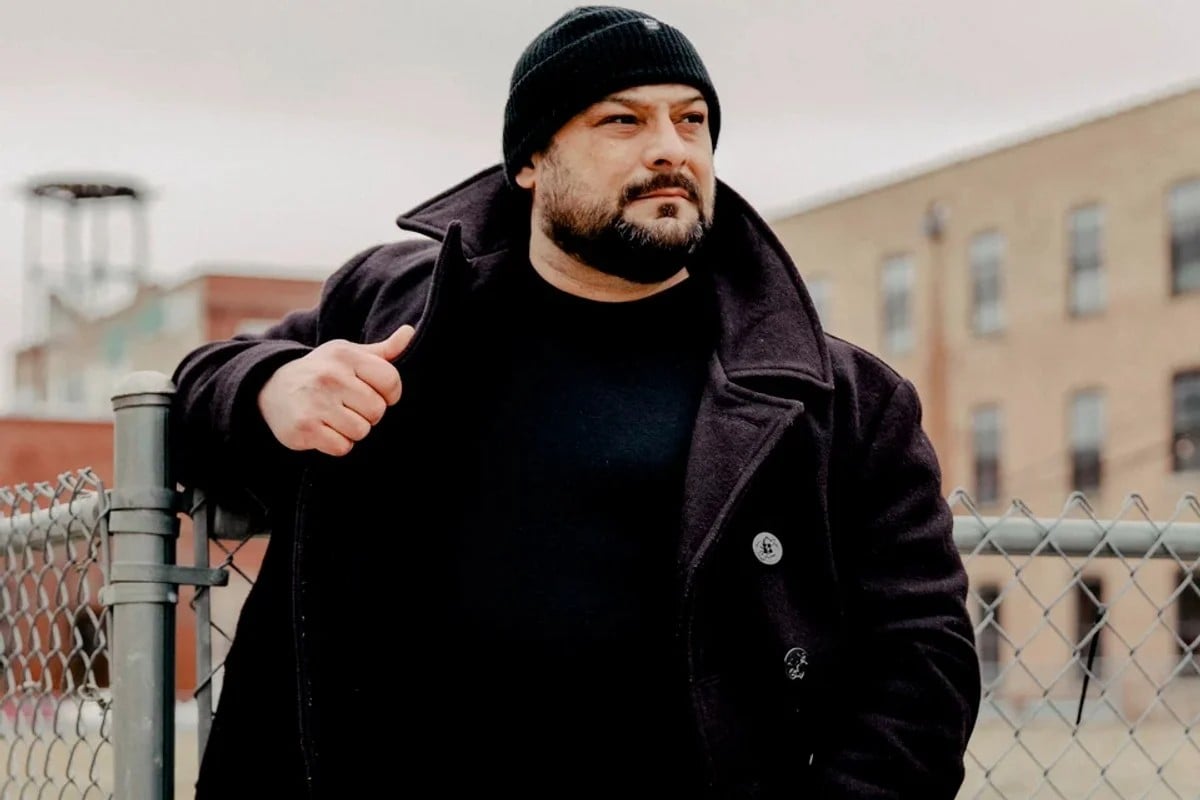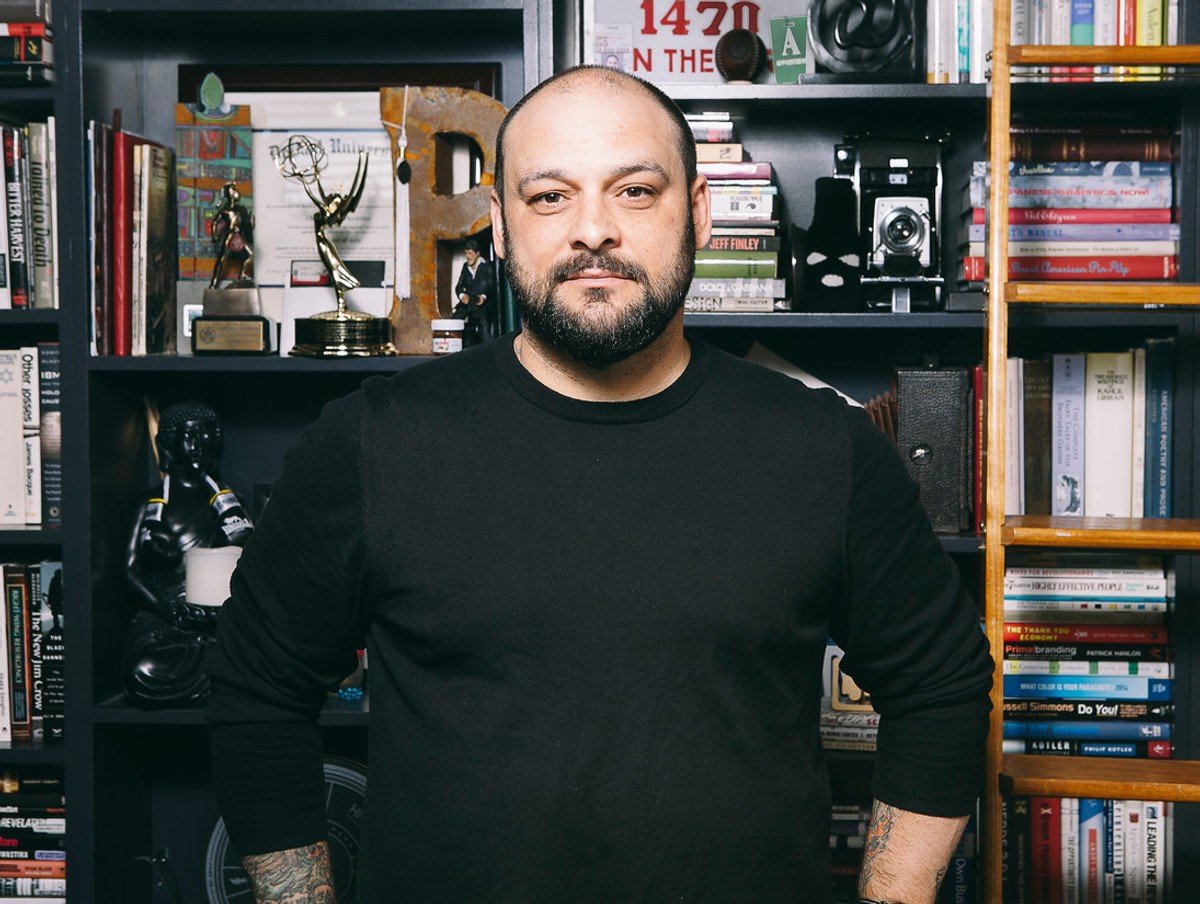
Christian Picciolini remembers exactly what his wife told him when she left. The words are seared into his memory, 30 years later.
It's one of the most painful moments in the former neo-Nazi's life, but it was the wake-up call he needed to finally confront the emptiness of the path he'd chosen.
In 1987, aged 14, Christian was recruited into America's first neo-Nazi skinhead group — the Chicago Area Skinheads (CASH) — after a conversation with the leader on the street.
He sat down with Kate Langbroek on No Filter where he revealed how he lost part of his life and his marriage, to an ideology of hate.
First, listen to Christian Picciolini on Mamamia's No Filter podcast. Post continues below.
"I can still remember the exact words, that 'I made her skin crawl'. Those were the words that she used when she left me," Christian said. "And this was, you know, somebody that I was in love with.
"I finally realised that what was good in my life had disappeared, had gone, and all that was left was hate."
How Cristian was recruited.
The sad truth is, white extremist groups are still recruiting young men into their ranks every day. This is something Christian understands all too well.
He recalled how he was recruited by a man twice his age, Clark Martell — America's first neo-Nazi skinhead leader.
Christian, who had been bullied for years, was lonely. He felt abandoned by his Italian immigrant parents, who were working up to three jobs to make a life for themselves in the US.
When Martell approached Christian on the street, the teen felt seen for the first time in a long time.





























































































